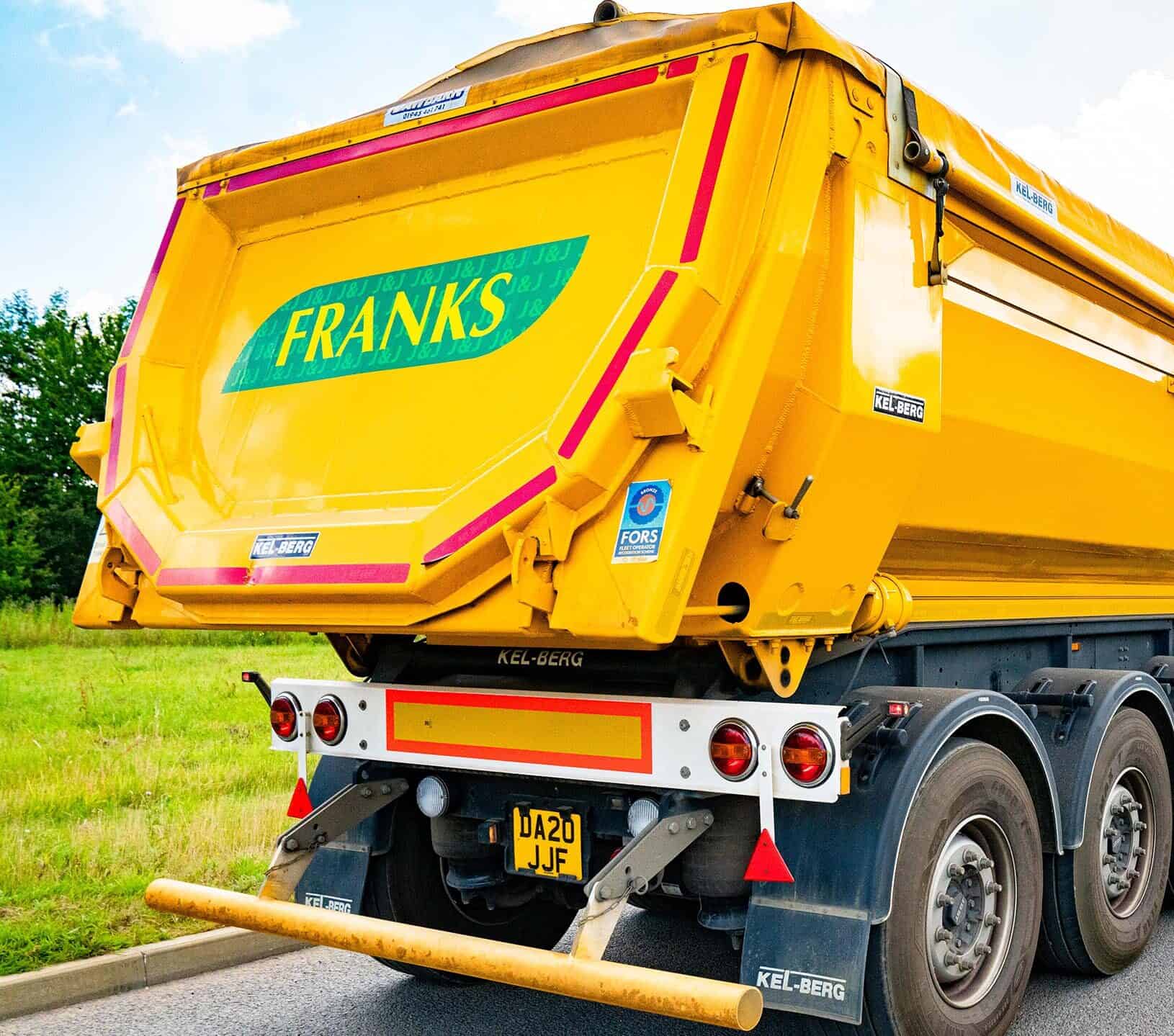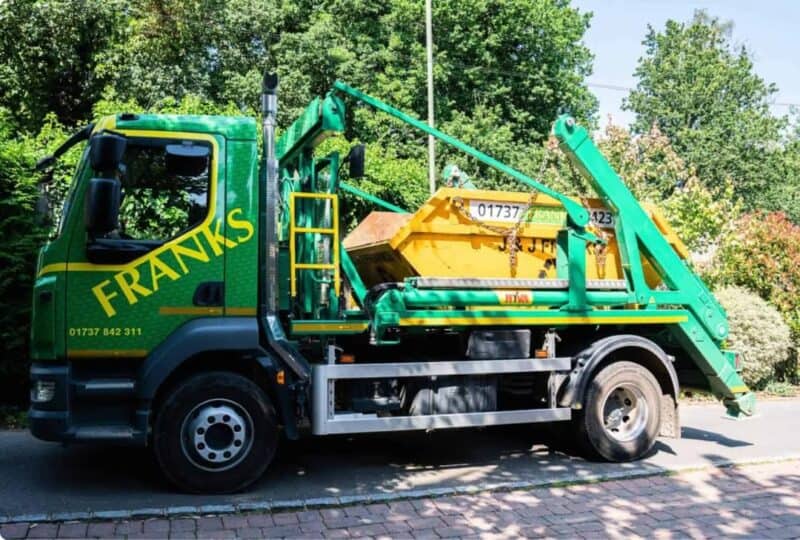In today’s world, environmentally friendly waste removal is vital. Improper waste management contributes significantly to environmental degradation, affecting ecosystems and human health. By adopting sustainable waste removal practices, we can reduce our environmental footprint and pave the way for a greener future.
The environmental impact of improper waste management
Improper waste management leads to a wide range of environmental issues, significantly impacting the health of our planet. Pollution from unmanaged waste can contaminate soil and water sources, introducing harmful chemicals and toxins into ecosystems. These pollutants disrupt delicate balances within natural habitats, threatening biodiversity and causing long-term harm to wildlife populations. For instance, plastics and other non-biodegradable materials can linger in the environment for hundreds of years, breaking down into microplastics that infiltrate water systems, eventually entering the food chain and affecting both wildlife and human health.
One of the most critical consequences of improper waste management is the release of greenhouse gases, particularly methane. Decomposing organic waste in landfills generates significant quantities of methane, accelerating global warming, contributing to extreme weather patterns, rising sea levels, and other climate change-related phenomena.
The overuse of landfills compounds these issues further. As existing landfills reach capacity, the search for new landfill sites often results in habitat destruction. The establishment of new landfills not only occupies vast amounts of land but also adds to the environmental strain by fragmenting ecosystems and reducing the availability of natural spaces.
In addition to space concerns, landfills pose risks of chemical leaching. Harmful substances from improperly discarded waste seep into surrounding soil and groundwater, creating long-lasting contamination that can affect agriculture, drinking water supplies, and natural waterways. This chemical leaching can take decades to remediate, leaving behind a legacy of environmental damage that affects communities and ecosystems alike.
Sustainable waste removal practices
To mitigate these environmental impacts, adopting sustainable waste removal practices is essential for protecting ecosystems and conserving resources. Recycling remains a cornerstone of environmentally friendly waste management, enabling materials such as paper, plastic, metal, and glass to be reprocessed and reused. This practice significantly reduces the need for virgin resources, helping to conserve forests, mineral deposits, and other natural reserves. Furthermore, recycling consumes less energy compared to manufacturing new products, lowering greenhouse gas emissions and contributing to climate change mitigation.
Businesses and tradespeople can adopt practical measures to implement sustainable waste removal. One key approach is to ensure that recyclable materials, such as metals, plastics, and construction offcuts, are separated and properly disposed of at licensed recycling facilities. Engaging with professional waste removal services that specialise in sorting and recycling can further streamline this process, allowing companies to maximise the recycling potential of their waste without additional effort. Additionally, ensuring waste streams are free from contaminants, such as paint or adhesives, can significantly improve recycling rates.
Another effective strategy is for companies to choose suppliers and products that support sustainability. Opting for materials with higher recycled content or selecting suppliers that prioritise eco-friendly packaging and disposal options reduces waste from the outset. Businesses can also implement waste reduction plans, such as reusing materials such as pallets, crates, or scrap metals, which not only minimises waste but also cuts costs. Partnering with a waste management provider that offers transparent tracking of waste streams and guarantees adherence to environmental regulations also ensures compliance while supporting a greener approach to operations.
Innovative technologies in eco-friendly waste removal
Artificial intelligence (AI) has become a cornerstone of innovation in eco-friendly waste removal. AI-powered sorting systems use advanced sensors and machine learning algorithms to identify and separate materials with remarkable precision. These technologies can distinguish between plastics, metals, and other recyclables based on their composition and characteristics, improving recycling efficiency while reducing contamination. By automating these processes, AI not only increases the volume of materials recovered but also minimises the labour-intensive nature of waste sorting.
Robotic systems are another technological leap transforming waste management. Equipped with vision systems and advanced grippers, robots can sort and handle waste streams with speed and accuracy that surpasses human capabilities. These systems are particularly useful in separating hazardous materials or handling delicate items such as electronics for recycling. Robotic arms are also programmable to adapt to new waste streams, making them a versatile solution for evolving recycling needs.
Chemical recycling is a cutting-edge process that addresses the limitations of traditional recycling methods. Unlike mechanical recycling, which reprocesses materials into lower-quality products, chemical recycling breaks down complex materials, such as multi-layered plastics, into their original chemical components. These components can then be reused to create new, high-quality products. By enabling the recycling of materials previously considered unrecyclable, chemical recycling significantly reduces waste sent to landfills and supports the principles of a circular economy.
Renewable energy integration in waste removal facilities is also gaining traction. Solar-powered waste treatment plants and energy-efficient machinery are reducing the carbon footprint of processing waste. Additionally, waste-to-energy technologies convert non-recyclable materials into electricity or heat, providing a sustainable alternative to landfill disposal. These innovations not only improve the environmental impact of waste removal but also contribute to global efforts to transition toward cleaner energy solutions.
Benefits of partnering with eco-conscious waste removal services
Collaborating with professional waste management companies that prioritise sustainability offers numerous advantages. These services ensure compliance with environmental regulations, reducing the risk of legal penalties and enhancing a company’s reputation. Eco-conscious waste removal services provide comprehensive recycling facilities, transparent processes, and tailored waste management plans that can boost a business’s sustainability goals.
How businesses and individuals can contribute
Both businesses and individuals play a vital role in promoting environmentally friendly waste removal. Reducing waste at the source by choosing products with minimal packaging, reusing materials, and supporting products made from recycled content can significantly decrease the amount of waste generated.
At J&J Franks, we prioritise sustainable practices by focusing on recycling, resource recovery, and reducing landfill dependency. Our fully licensed waste transfer stations are equipped to handle a wide range of materials, ensuring that recyclable waste is separated and processed efficiently. By adhering to strict environmental regulations and implementing advanced sorting technologies, we maximise recycling rates while minimising contamination.









